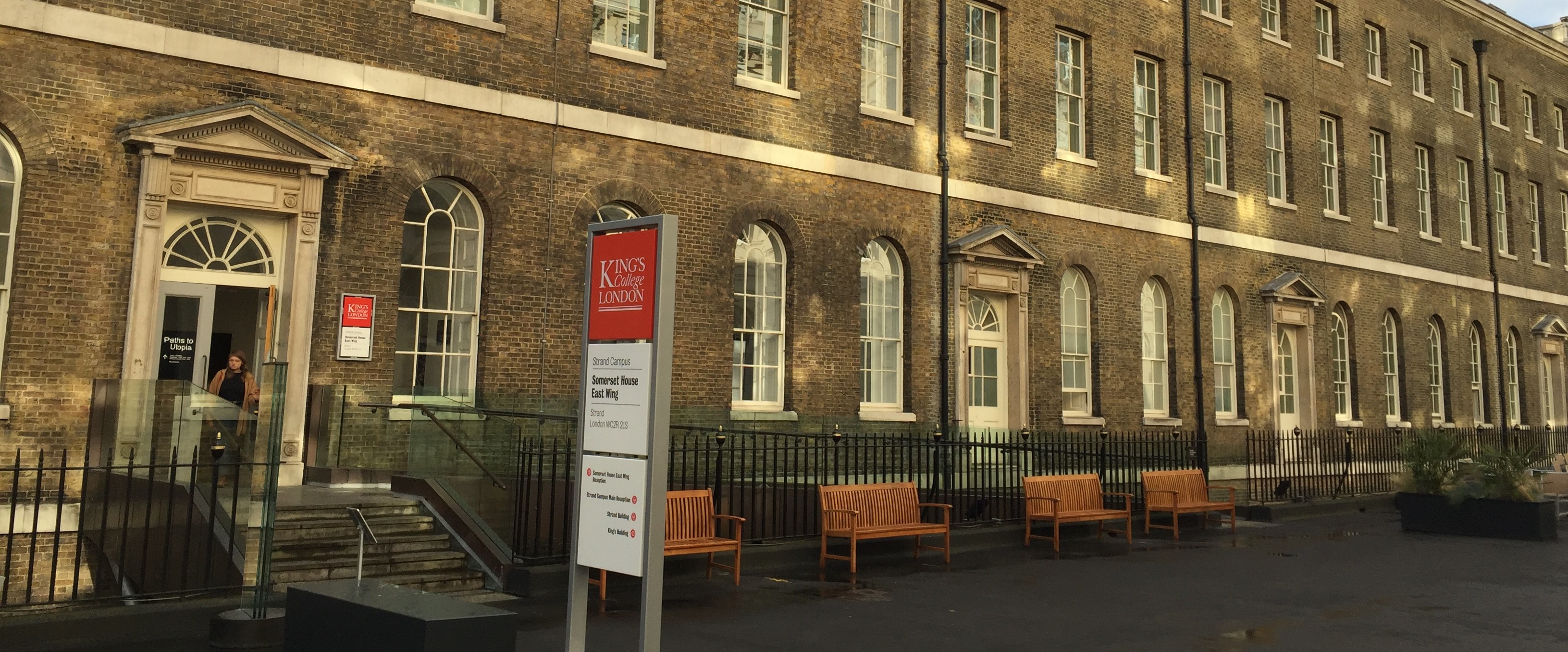
The top London university has placed a notice on its email login page stating that by using the system, students and staff were consenting to their emails being “monitored and recorded”.
The King’s College London email login warns: “This system is for the use of King’s College London authorised users only. Individuals using this computer system without authority or in excess of their authority are subject to having all of their activities on this system monitored and recorded.
“King’s has a statutory duty under the Counter Terrorism and Security Act 2015, termed ‘PREVENT’. The purpose of this duty is to aid the process of preventing people being drawn into terrorism. You must not create, download, store or transmit unlawful material or material that is indecent, offensive, defamatory, threatening, discriminatory or extremist. The university reserves the right to block or monitor access to such material.
“Anyone using this system expressly consents to such monitoring and is advised that if such monitoring reveals possible evidence of criminal activity or activity contrary to the Prevent statement above, system personnel may provide the evidence of such monitoring to law enforcement officials.”
The warning is part of the UK government’s Prevent strategy to stop radicalisation among young people.
This new development further worries campaigners. A spokesperson for KCL’s students’ union said to The Guardian that this was a violation of trust, adding: “Students who have not committed any crimes are being treated as suspects.”
One KCL student told Middle East Eye, which first broke the story: “Knowing that our emails are being monitored creates a climate of fear and intimidation, especially for those involved in political activism on campus.
“Rather than keep us safe it will create more concern and paranoia for students and force many like myself who are politically active and Muslim to censor themselves.”
The National Union of Students (NUS) has said it condemned any systematic monitoring of emails.
NUS President, Malia Bouattia calls this “… yet another example of how the Prevent agenda turns our educational institutions against their own students, perpetuates a culture of fear, restricts academic freedoms and normalises Islamophobia,” Bouattia said.
“NUS is deeply concerned about the impact that systematic monitoring of messages will have on students, particularly black and Muslim students and those involved in political campaigns, activities or research.”
Staff members feel the same. University and College Union, which represents staff at universities, through its general secretary, Sally Hunt, said: “Monitoring emails demonstrates another chilling effect that the flawed Prevent agenda has on staff and students.
“Universities should desist from the type of reactions that risk creating a culture of mistrust on campus and actually shutting down debate on the very topics we should be exploring.”

Two unidentified young migrants, front right and back right, get off a bus as they arrive at Lunar House, which houses the headquarters of UK Visas and Immigration in Croydon, south London, Monday, Oct. 17, 2016. Image via AP.
Universities, alongside police forces and local government, have a duty to have “due regard” to the “need to prevent people from being drawn into terrorism”, i.e. the Prevent duty, pursuant to Section 26 of the Counter Terrorism and Security Act 2015 .
Since its introduction, the Prevent duty within universities has been controversial. Academic staff and students have responded by saying it is akin to a ‘Big Brother’ move, which they say creates a culture of mistrust and hinders vital debate in universities.
Speaking to the Middle East Eye, a KCL spokesperson said the university was not “actively” monitoring emails but was advising users that they were legally obliged and allowed to do so if necessary.
The notice on the sign-in screen was part of KCL’s, “obligations under Prevent with regards to such policy. We are following best practice for the sector as advised by UCISA [Universities and Colleges Information Systems Association] and defined by law, which determines what is and is not permissible use of institutional IT facilities,” he said.
“King’s College London is proud of its diverse and inclusive community and any monitoring would form part of the usual security process,” the spokesperson added.
According to The Higher Education Funding Council for England (HEFCE), the body tasked to oversee the Prevent duty implemented in universities, said KCL’s moves as well as other universities doing the same, were not unusual.
“The university makes it clear to users of their systems what is and isn’t acceptable usage and how they identify cases where those rules aren’t adhered to,” the HEFCE spokesman said.
“This approach is consistent with the Prevent guidance. Within this guidance, providers have had the autonomy to decide what approach works for them. Some have gone down the route of filtering, some monitoring and some neither of these,” added the spokesman.







